Facilities & Services
The Rozas Airborne Research Center (CIAR) is a Test Center belonging to the National Institute for Aerospace Technology (INTA) located in Castro de Rei, (Lugo), in northwestern Spain, where the conditions for safe and efficient flight tests are met.
This center is innovative and multidisciplinary, characterized by:
- Two runways, one paved 1200x45m and 04/22 orientation and one dirt runway 1000x40m and 16/34 orientation, for landing with different wind configurations where they can operate:
-- Aerial Research Platforms
-- New developments in Remotely Piloted Aerial Systems (RPAS)
- Aeronatical platform of 2800m²
- Hangar of 40x40 m. It has auxiliary ground equipment (GPU, tug, forklift, cranes, pitot-static tester case, etc.), three-phase and single-phase connection and is attached to offices and changing rooms. Main door of dimensions 29m x 9 m at the highest point.
- Electronics laboratory with testing area and mechanical workshop. These areas have a sliding door that accesses the platform. Equipped for small repairs that allow the continuity of the test in case of failure. Specific tools and measurement instruments such as oscilloscopes, spectrum analyzers, alternate and direct power supplies, signal generators, attenuators, multimeters, etc.
- Electrical totems with three-phase and single-phase connection on the aeronautical platform and at the intersection of the taxiway with the runway
- Offices
- Briefing meeting rooms overlooking the runway.
- Radar, telemetry reception, meteorological system, communications system, control and monitoring center
- Innovative systems: PIMAD, CONDOR, DronAS
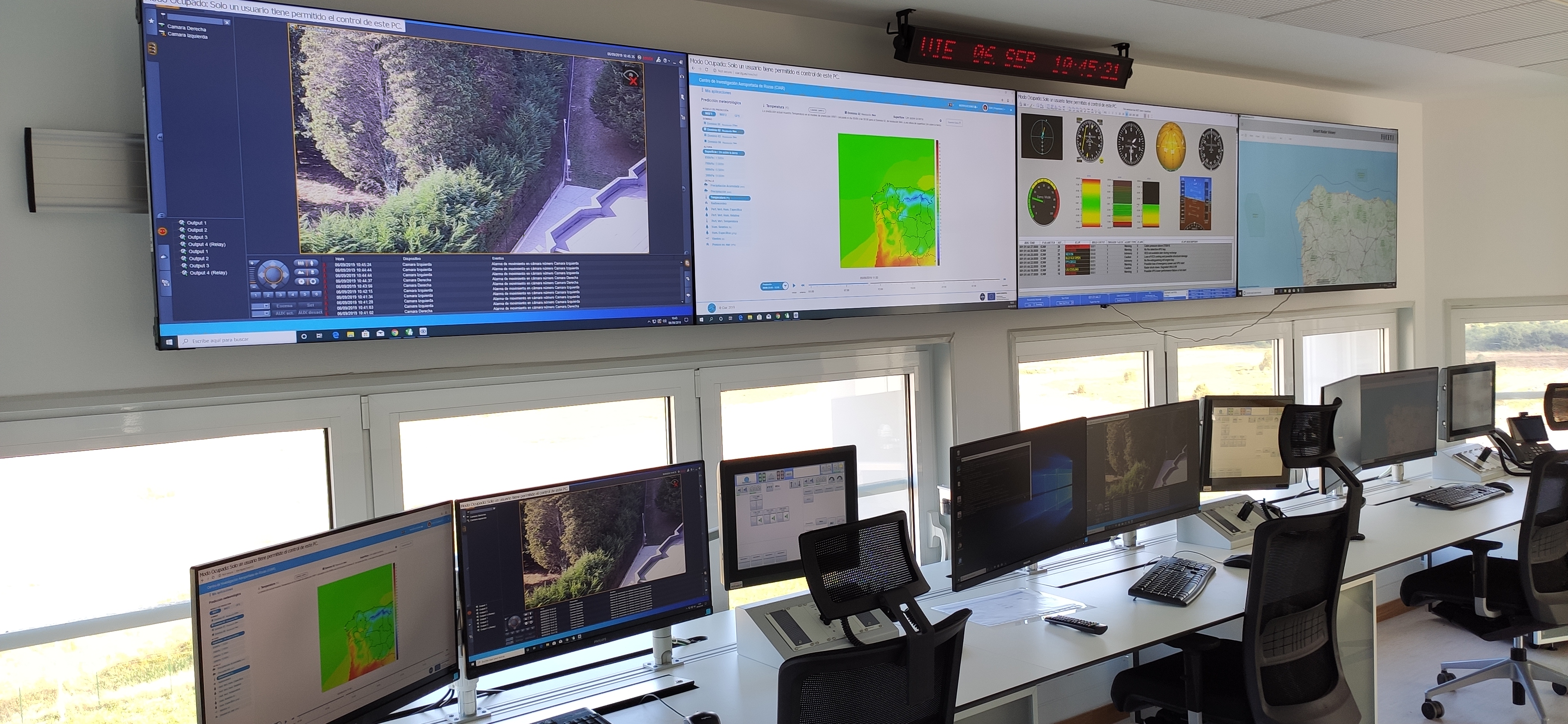
Control center
The control center will be conceived as the operative core of the CIAR. Three basic and essential aspects converge in it for each operation: safety, instrumentation, supervision of the operation by INTA. READ MORE
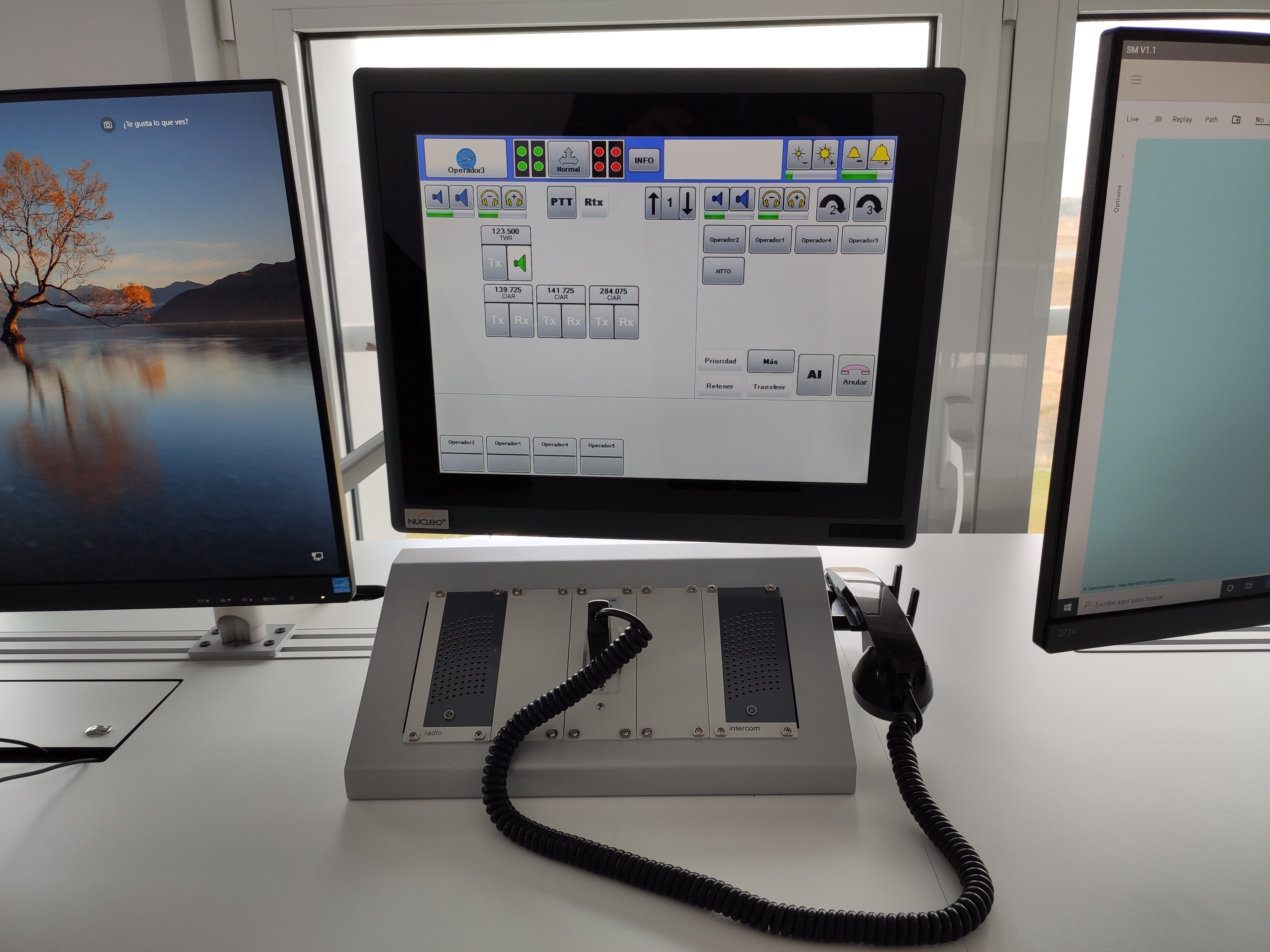
Communications Systems
There are 5 operator positions with ground-to-air, air traffic control and other control centers communication capabilities. In addition, the system has a communication subsystem to connect all the CIAR locations considered essential to make the center operative.
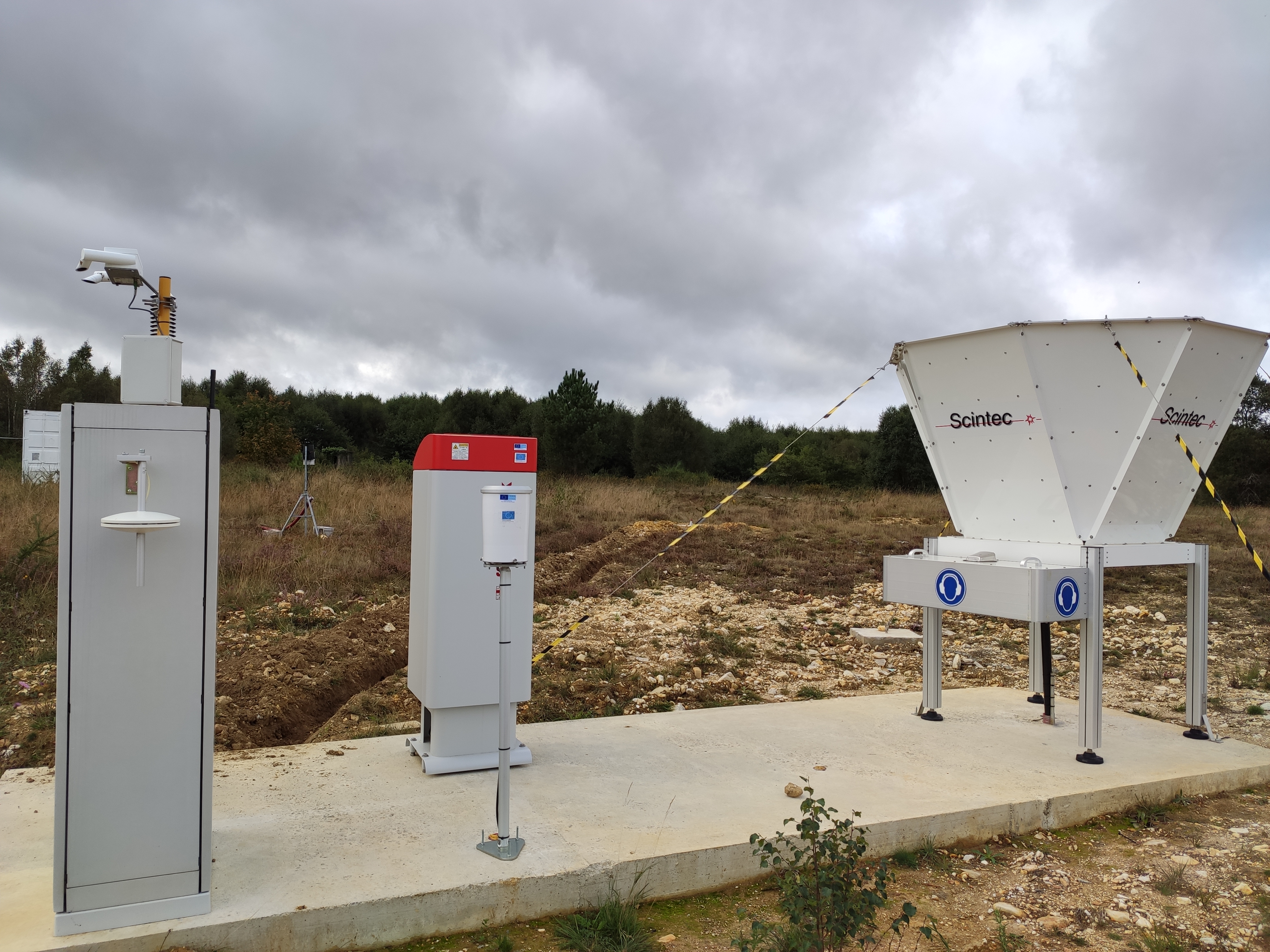
On-site meteorological service
CIAR has all the necessary meteorological instrumentation both in the field and on the runway, to carry out a correct planning of the flights. It allows the visualization of the data in real time and a 36-hour weather forecast. It also has METAR and TAF updates every hour.
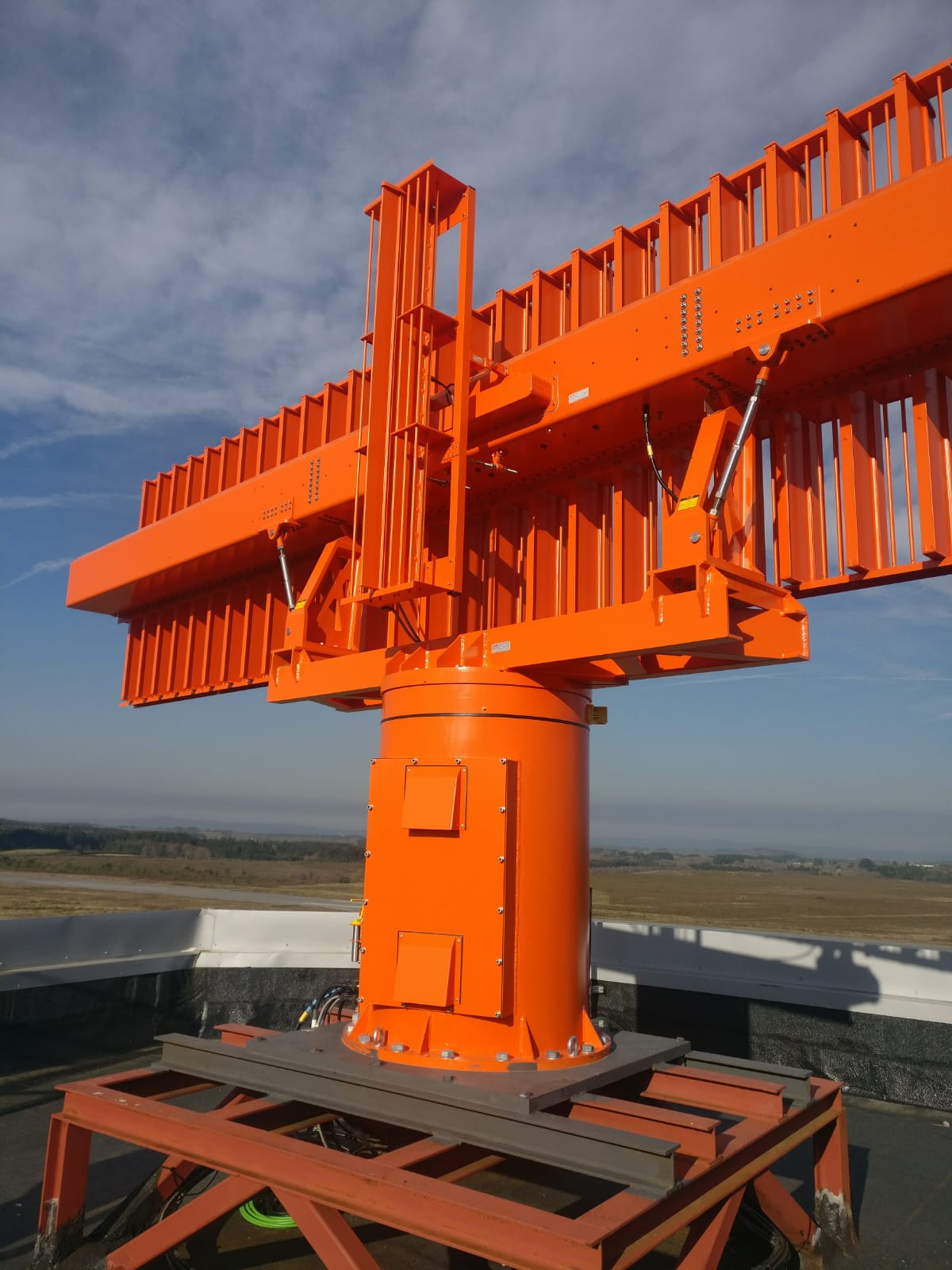
Security Systems (Secondary Radar)
In order to grant aircraft safety during the tests, CIAR has a surveillance system that offers information of the surrounding air activity, that flies in cooperative mode.
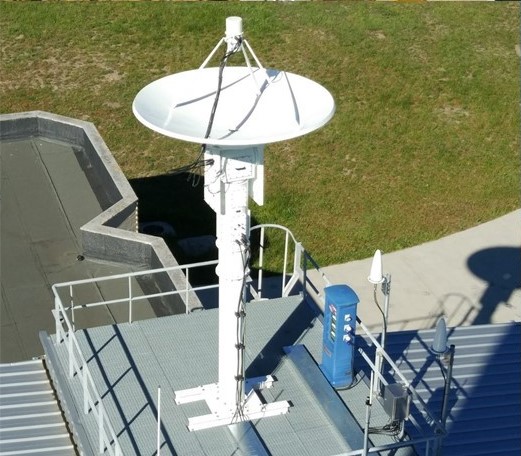
Telemetry Reception
An automatic and flexible tracking system is used for S (2200-2400 MHz) and C (5091-5250 MHz) bands, with 2 omnidirectional antennas and 1 dual-axis tracking antenna.
